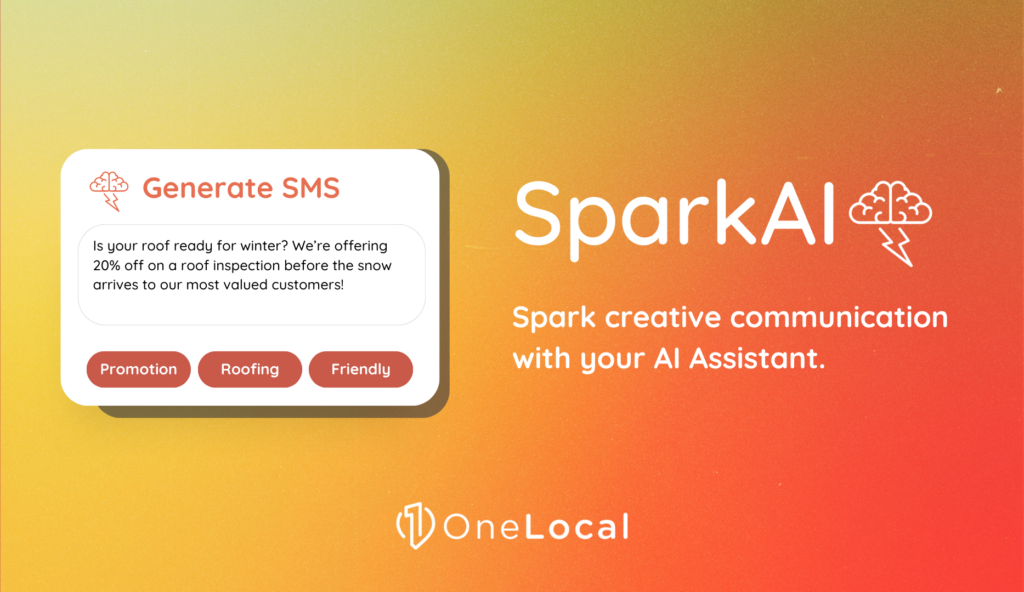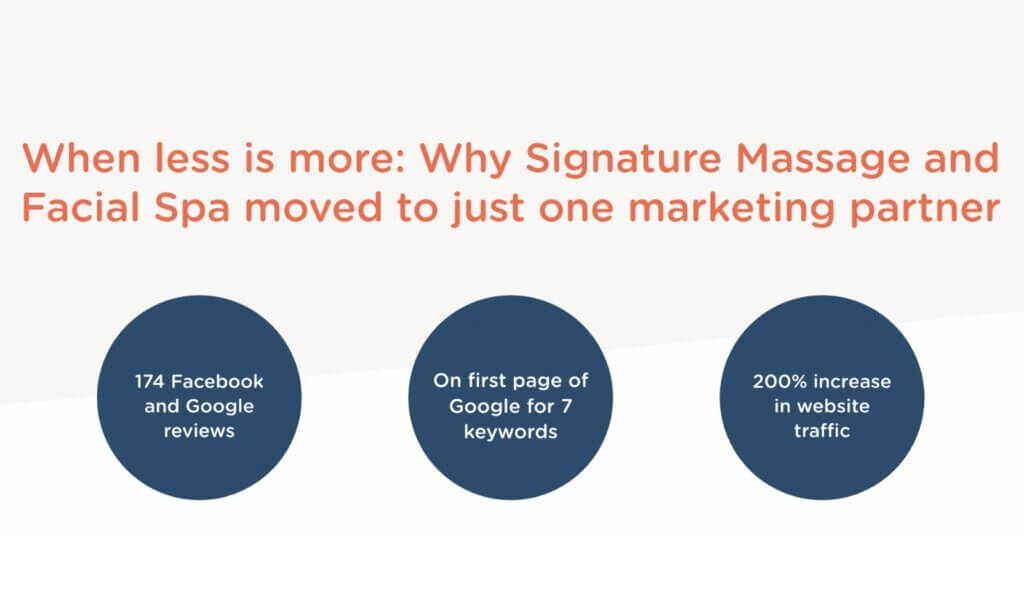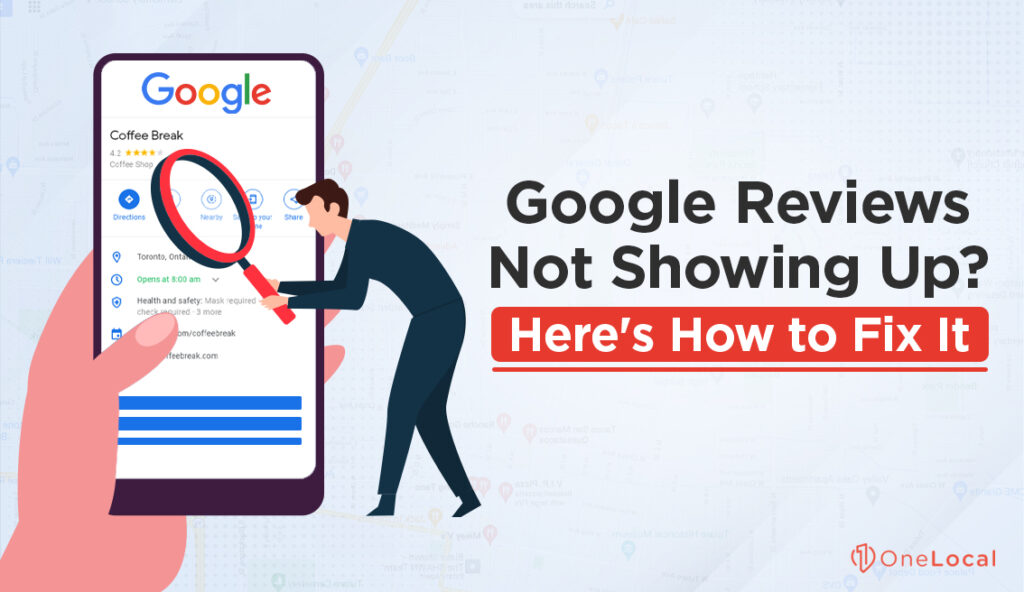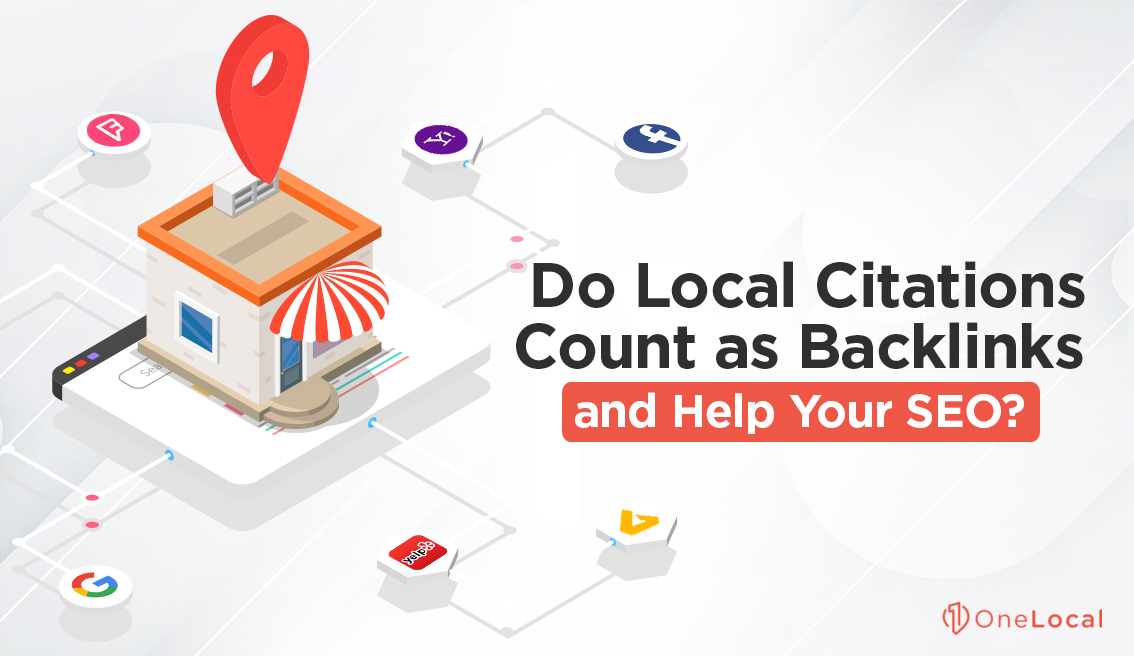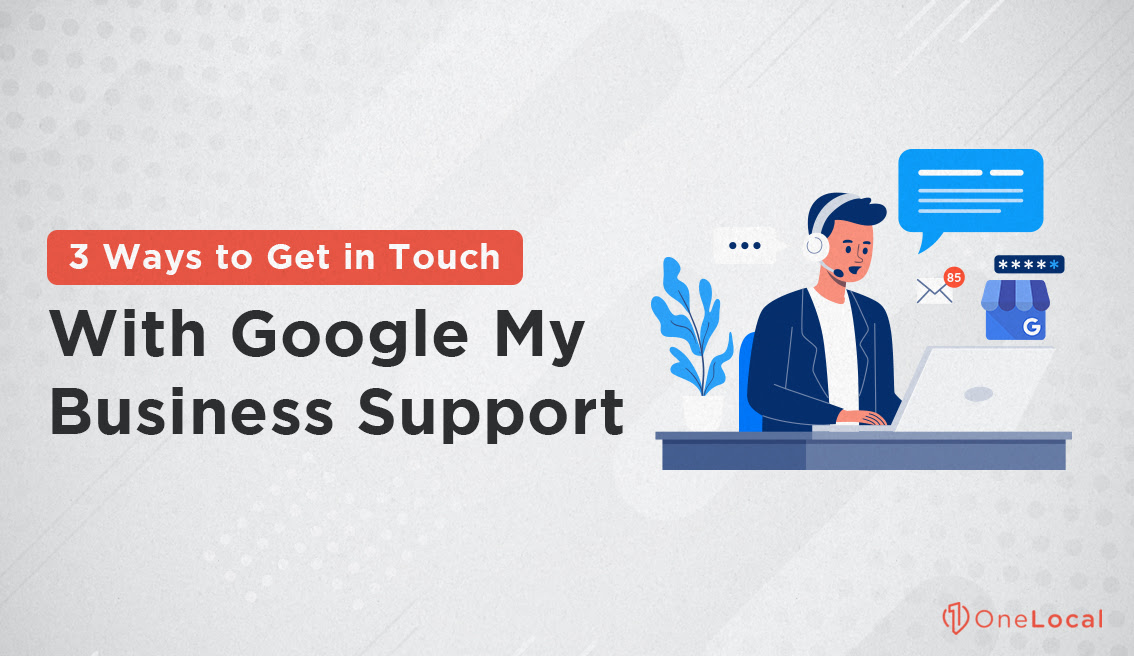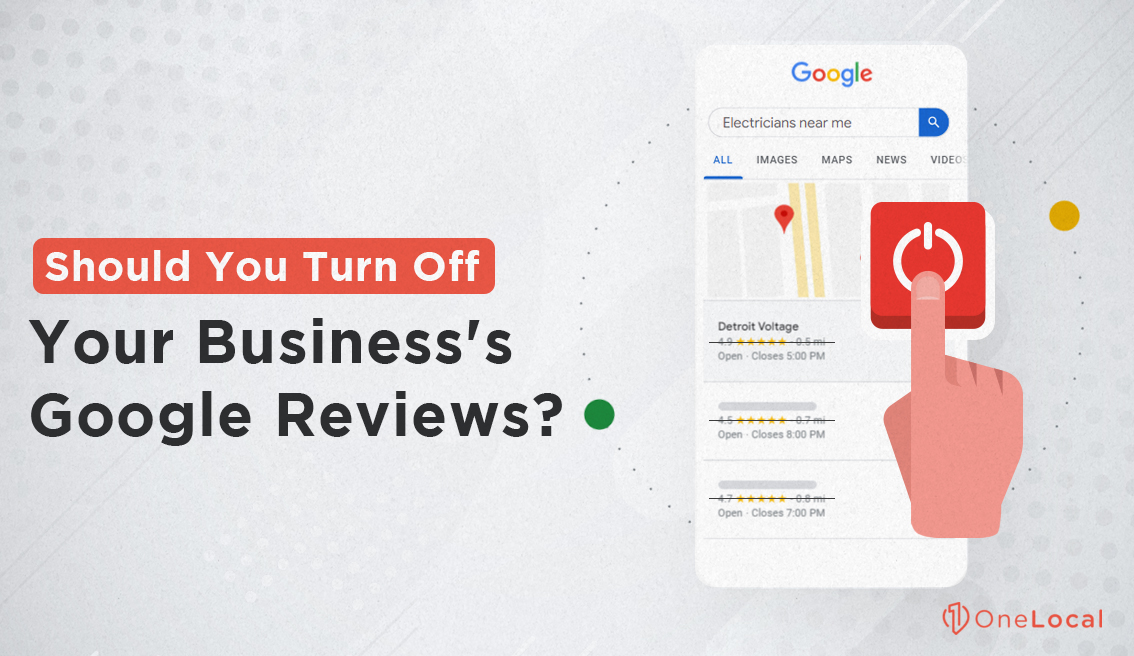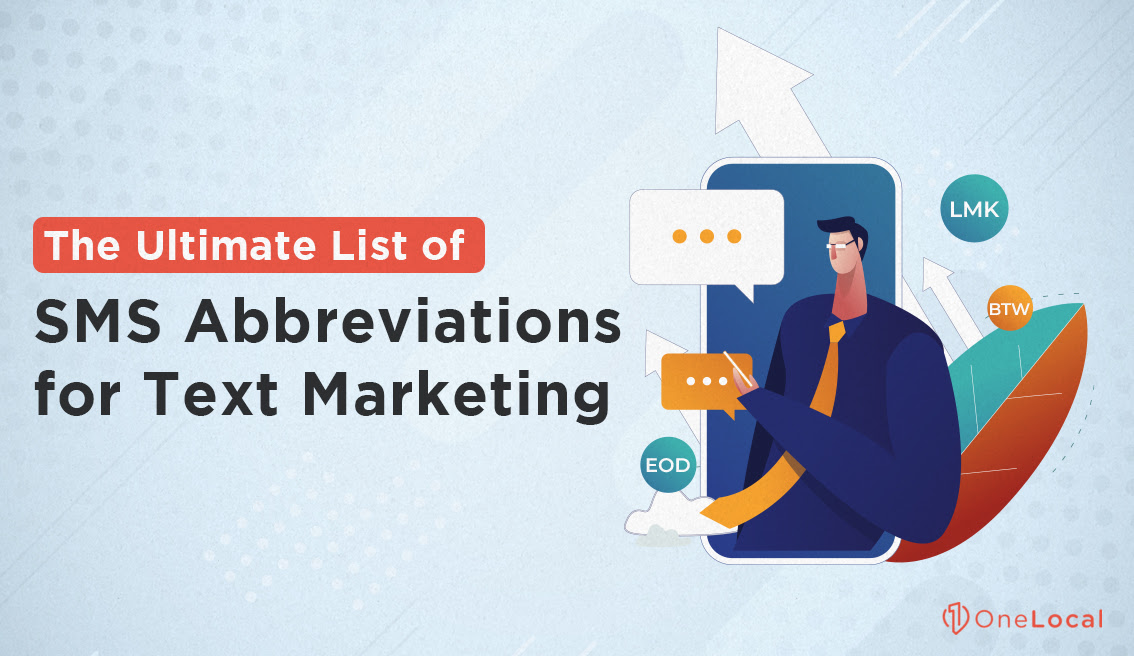If you’ve spent any time at all researching the basics of local SEO, you’ve probably come across mentions of local citations and how important they are to your business. The question is, do local citations count as backlinks, and are they valuable for SEO?
What is a Backlink?
SEO, or search engine optimization, is the industry focused on using resources, tools, and marketing techniques to achieve a higher rank in Google’s search results (and to a lesser extent, other search engines, like Bing or DuckDuckGo.) While SEO has hundreds of moving parts and different factors to consider, one of the most important is links.
At the most basic level, the internet is a network or web of links. Links form an endless net from one page to another, from a minor personal site to the most prominent business page to the great social media juggernauts.
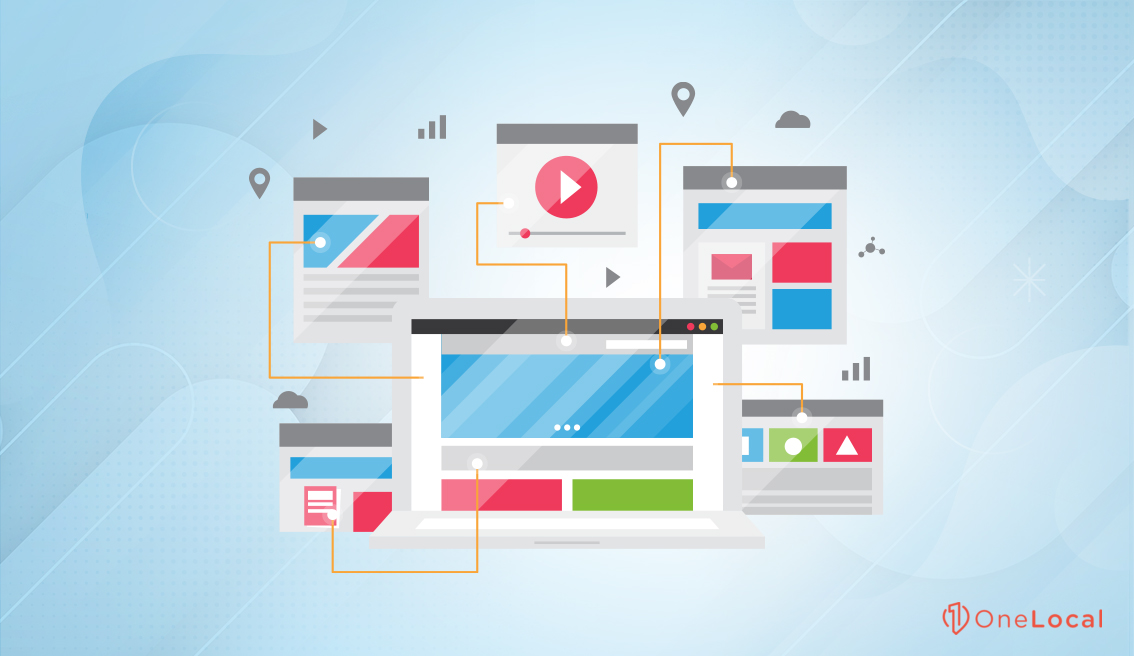
Google’s algorithm relies on links. From the very beginning, it was simply a map of those links. Eventually, it started judging and grading those links according to various factors, based first on how large the sites were and then later on, on context and relevance.
A backlink is defined as a link from another site pointing back to your site. They can be followed (and thus pass SEO value) or nofollowed (and thus don’t pass SEO value but still exist for users.) They can also be editorial, user-generated, placed in structure or in content, and so on. Many different factors affect the value of a link. But, with the exception of spam links, any link is better than not having that link.
What is a Citation?
Citations are sometimes used interchangeably with links in SEO discussions, but they aren’t the same thing. For a business, a citation is more about the business NAP – Name, Address, Phone Number – than it is about the website. To quote a Moz subject expert:
“A citation is defined as a web-based reference to a local business’ complete or partial NAP (name, address, phone). A citation does not have to include a link to the company website. For example, a blogger could mention your restaurant’s name and address, leave out the phone number and not link to the restaurant’s website, and that would still count as a citation.”
Local citations can work similarly to backlinks, but they aren’t mechanically the same. Google can identify them and assign value to them, using concepts like Brand Mentions and Implied Links. In that way, they can function similarly to backlinks but don’t have the same mechanical functionality for users. After all, users seeing your NAP can’t just click a link; they’ll have to search for your business name to learn more. Unless, of course, your link is present as well.
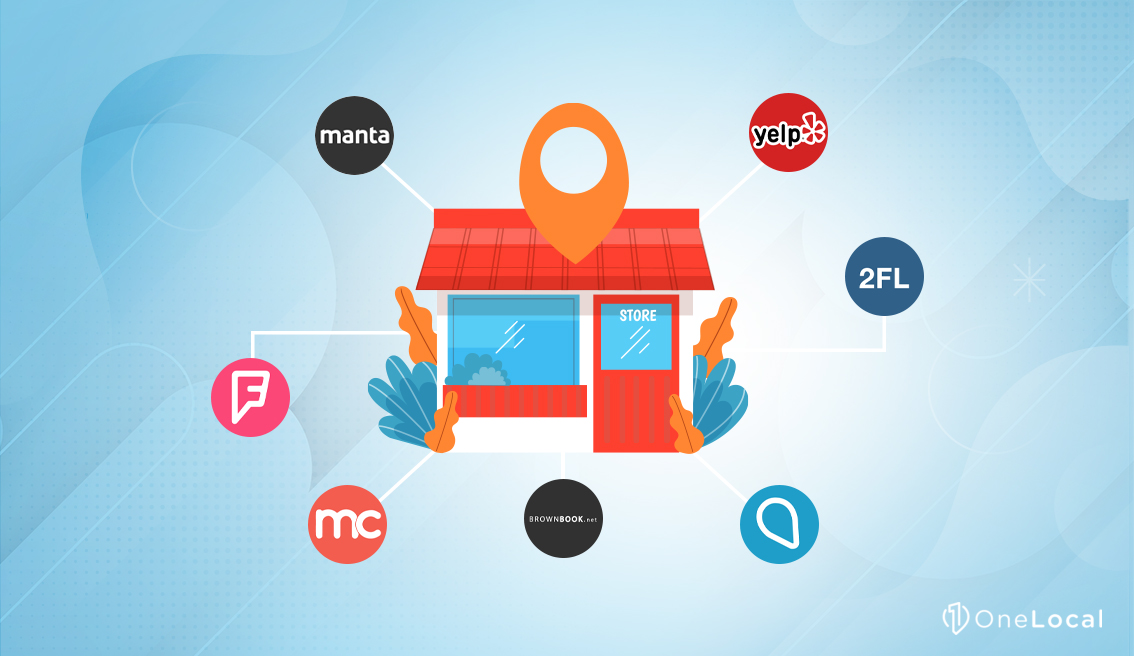
The significant part of a local citation is that it can be as simple as just your business name or address; it does not need to be a complete NAP, and it does not need to include your website URL. It does, however, need to be accurate.
Citations are essential to local business marketing, but they don’t do much for chains, franchises, or national/global businesses. Why not? Well, consider: how often do you as a user need to learn about a company like Target or their address? How important is the address information for Nike’s headquarters to your shoe-shopping experience? None at all. But, if you wanted to find a local boutique shoe store, their name, address, and phone number can all be relevant to your interests.
Do Local Citations Count as Backlinks?
This question is a matter of contention.
On the one hand, Google definitely has patents for technology that allows them to identify mentions of a business and treat them with value similar to that of links, using implied links and brand mention technology, among other functions.
On the other hand, mechanically, they’re different. Even if they serve similar purposes in Google’s algorithm, they aren’t the same at all.
- A link works for any business; a citation only for local businesses.
- A link must be a hyperlink; a citation can be plain text.
- A link must be a complete, functional link; a citation can be partial NAP.
And, perhaps most importantly, a citation can include website information (but doesn’t need to) and can still have value. A link can use NAP information as an anchor text, but that doesn’t necessarily make it a local citation.
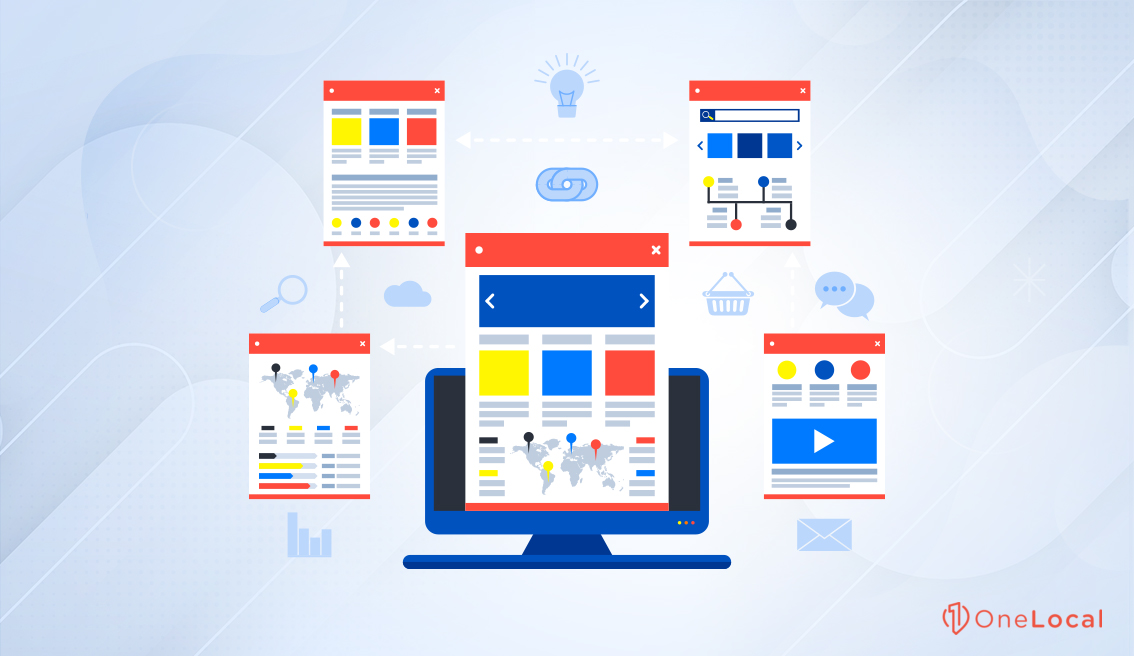
So, to put it into perspective, the answer is no. A local citation does not count as a backlink. However, a citation is equally as important as a backlink to local SEO, and a citation can include a backlink as part of its value.
Are Citation Links Valuable?
Here’s another detail you may need to consider: is including a link in a citation valuable?
The answer comes down entirely to three factors.
First, is the link followed or not? Followed or nofollowed is a link attribute, a mechanical bit of code that only search engines care about and is entirely meaningless to users clicking the link. Many websites use nofollow to sculpt how they send out SEO value to avoid exploitation. You don’t want to link to a spam site as an example of a point you’re making, only to find that you’re promoting the spam site, after all.
Often, links in editorial content (for example, non-sponsored blog posts) are followed, while links in sponsored or user-generated content (in ads, in comments, in forum posts, etc.) are nofollowed. That isn’t a hard and fast rule, however.
Whether or not the link is followed will depend on the site posting the link. For example, a site like Yelp allows you to put in a website link (for example, this restaurant from their front page), but the links are filtered through a redirect engine and are nofollowed. Facebook’s URLs use a labyrinth of code filtering to make them impossible to exploit and strip any SEO value from them. You’ll find that most business directories where you can claim and fill out a profile will use similar means of nofollowing links.
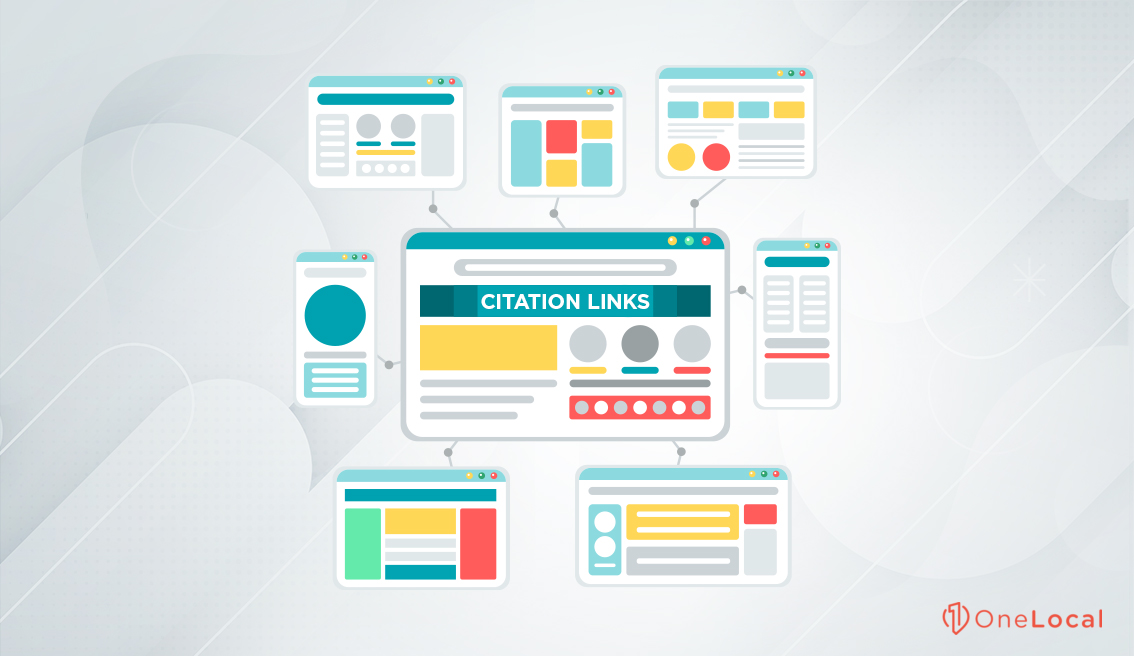
Second, is the link user-generated content? We touched on this already. Basically, is the link created by whoever owns the site, or is it created by you, the business owner?
Editorial links are links in blog posts, reviews, and so forth. User-generated links are links in blog comments, social media profiles, business profiles, and other platforms where you can go out and create content on another site.
In general, even if a link in user-generated content is followed, Google will give it very little value simply because that’s ripe for abuse. It’s why comment spam exists in the first place, after all.
Third, where is the link located? Links located in content are the best. Links located in profiles and prominent positions on a site are good as well. Links in sidebars, footers, and other out-of-the-way locations are much less valuable. And, of course, links that are hidden are usually considered spam and ignored entirely, if not given negative weight.
All of this considers link value from an SEO perspective. In terms of SEO, links need to be filtered and analyzed and may have anywhere from barely-any value to a ton, depending on the quality and placement of the link. That’s why a good, authoritative backlink from a governmental agency is much better than a random comment link on a small-scale marketing blog’s comment section.
Links are valuable in other ways, however. If a user searches for your business on a site like Yelp and finds your link, that link has value to them independent of Google; if they want to see your website or verify that the URL is yours, they can do so through the fact that you own that profile and you’ve put the correct link in place.
Which Local Citations are Best to Build?
Local citations can be created through your own efforts, so which ones are the best ones to focus on getting? The answer varies depending on your business.
Some are always going to be relevant, no matter your business. YellowPages, Google Business Profile, Facebook, the BBB, and LinkedIn, are all general local citations every local business should create.
Others will depend on your niche. Since there are too many niches to list, we’re going to let you in on a secret resource: Whitespark. Whitespark maintains an extensive list of citations categorized by industry.

Simply look up your industry, and identify the sites they say are most relevant. For example:
- Architecture Firms: Houzz, ArchitectUSA, Porch.com, Thumbtack, Angi, and HomeAdvisor.
- Clothing Retailers: Yelp, Manta, Superpages, FourSquare, 10Best, Yahoo Local, and LifeOverFashion.org.
- Pest Control: Angi, Yelp, Shoutwire, Porch.com, Manta, and Termite.com.
Whitespark maintains these lists using automated filtering, so you’ll need a bit of human oversight to ensure you’re on target. However, it’s a great place to start and can let you know of some high-powered websites you might not have known about before. They even have separate lists for USA, Canada, UK, and Australian businesses, for each category. Overall, it’s an excellent resource to list sites you want to target.
Key Takeaways
We understand that this is a little confusing and technical, but you don’t necessarily need to understand SEO mechanics to know how to use them. After all, you don’t need to know the physics behind internal combustion to drive a car.
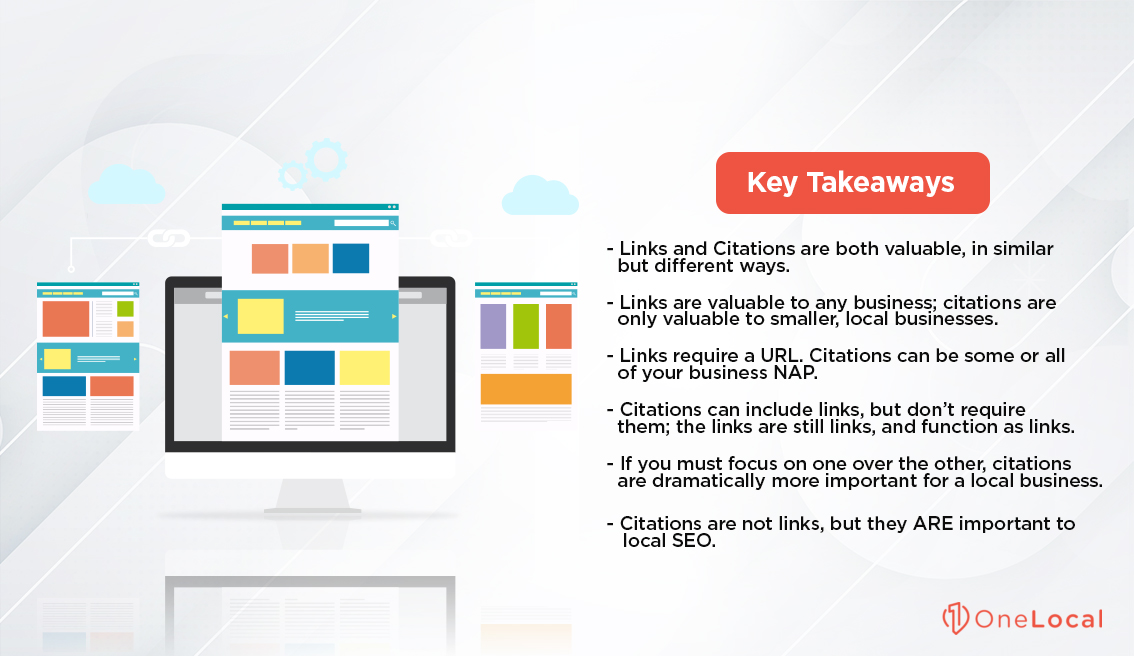
Here are the most significant points.
- Links and Citations are both valuable in similar but different ways.
- Links are valuable to any business; citations are only valuable to smaller, local businesses.
- Links require a URL. Citations can be some or all of your business NAP.
- Citations can include links but don’t require them; the links are still links and function as links.
- If you must focus on one over the other, citations are dramatically more important for a local business.
- Local citations are not links, but they ARE important to local SEO.
Any good marketer will tell you that building links and local citations is essential, but the smaller or more locally-focused your business is, the more important citations are.
If your local business is looking to build more citations, you have three ways to go about it.
First, you can reach out to all of the sites you can think of and register your profiles. Facebook, Google’s Business Profile, Yelp, TripAdvisor, TrustPilot, Angi; there are dozens of these sites, most with focused niches like food/travel/crafts, so finding every one that applies to your business and setting up your accounts is a great, easy way to build a bunch of valuable local citations. You can also build backlinks by including your website link in these sites, but virtually all of them will nofollow those links by default.
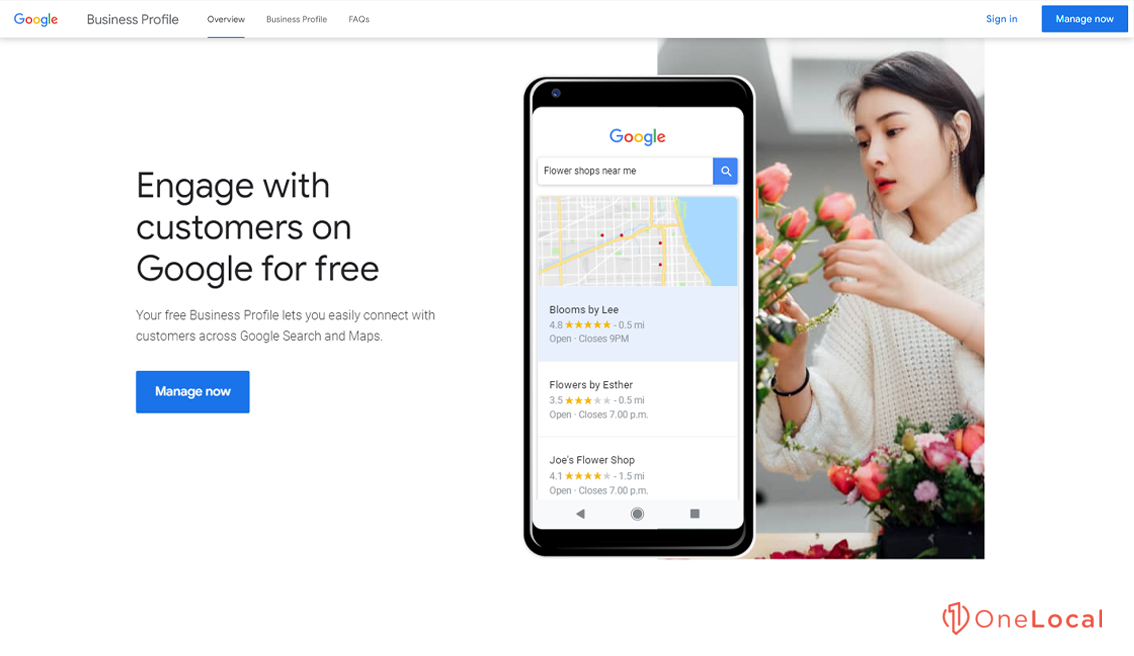
Second, you can perform business outreach to contact journalists, bloggers, review writers, and other content creators in your niche. Look for people who write about your kind of topic and who create editorial content for publications on the web. Reach out to them and talk to them. Build a rapport, provide them with information, offer to be a resource for interviews, and generally make yourself available. You can build links and local citations from industry and business-relevant publications through this kind of outreach.
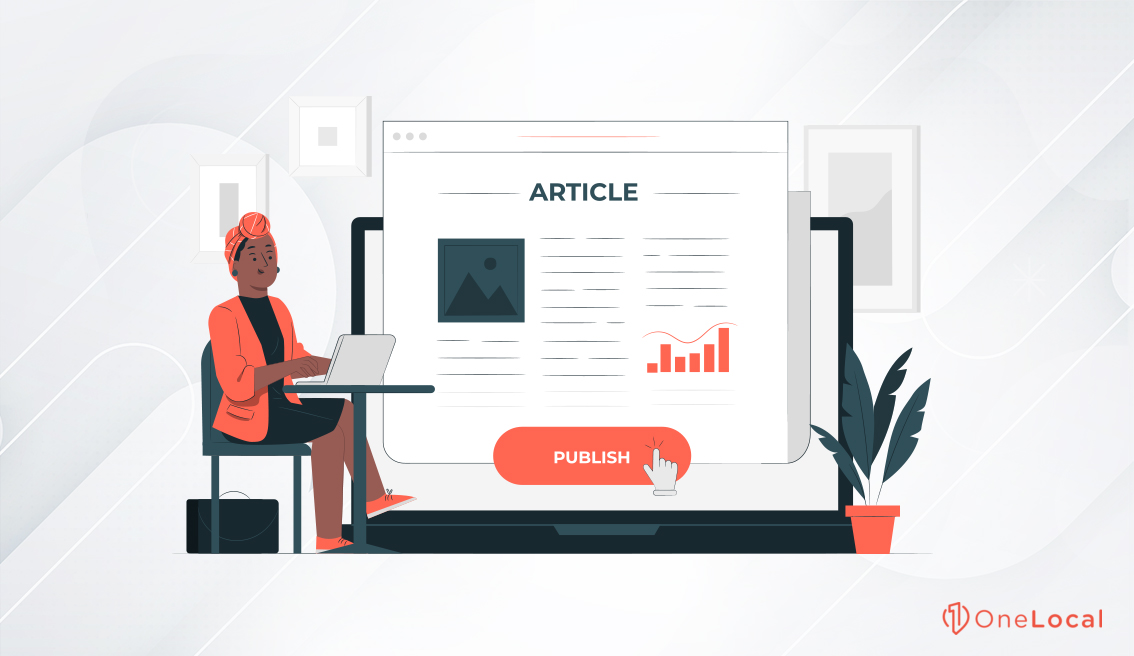
Third, you can hire us. Our LocalSEO product focuses entirely on building backlinks and citations for your small business. We do keyword research, content marketing, outreach, citation building, link building, and a whole lot more, with complete transparency. There are no scam or spam techniques here; we put our best foot forward to make a good impression for you and your brand.
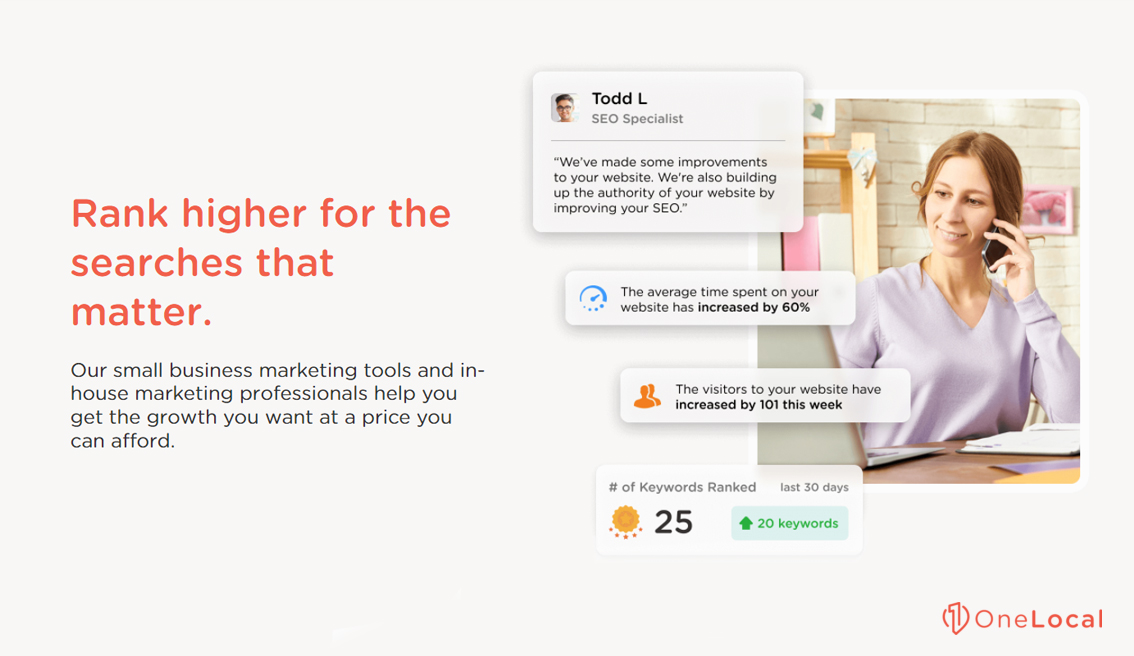
Whatever path you want to take to boost your business relevance, exposure, prominence, and authority, we’re here to help. Just contact us to talk about what we can do for you. Additionally, if you ever have any questions or concerns regarding citation or backlink building, SEO in general, or anything similar, please feel free to reach out and contact us at any time, as well. SEO, as a whole, can be a pretty confusing topic and difficult to navigate for many businesses worldwide. You can book a demo with one of our marketing specialists, and we would love to assist you however possible on your journey to building strong SEO.
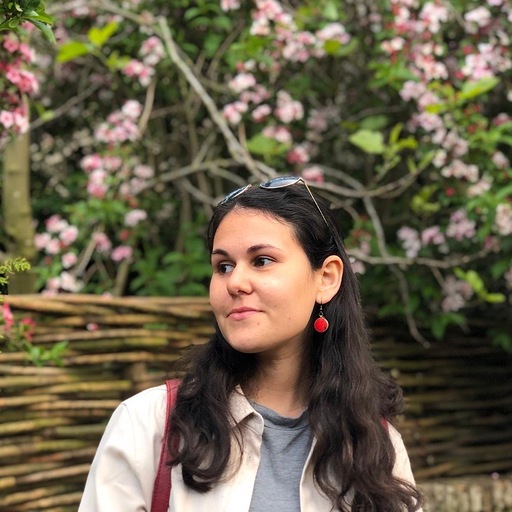
Rachel Solway is a seasoned marketing professional dedicated to empowering small businesses through innovative marketing strategies. With extensive experience at OneLocal, a leading marketing solutions provider, Rachel’s insights are helping thousands of local businesses navigate the digital landscape.

